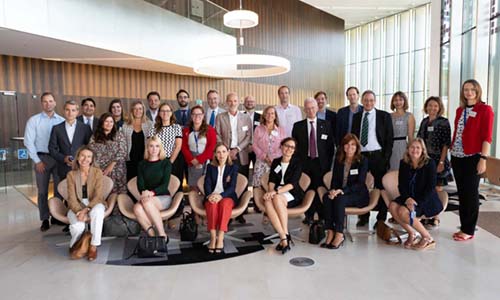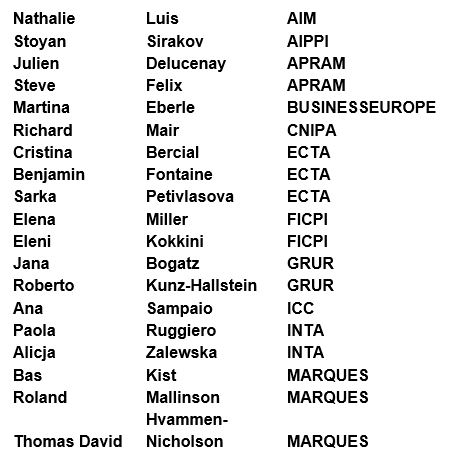Article – What is carbon neutrality and how can it be achieved by 2050?

What is carbon neutrality?
Carbon neutrality means having a balance between emitting carbon and absorbing carbon from the atmosphere in carbon sinks. Removing carbon oxide from the atmosphere and then storing it is known as carbon sequestration. In order to achieve net zero emissions, all worldwide greenhouse gas emissions will have to be counterbalanced by carbon sequestration.
Carbon sink is any system that absorbs more carbon than it emits. The main natural carbon sinks are soil, forests and oceans. According to estimates, natural sinks remove between 9.5 and 11 Gt of CO2 per year. Annual global CO2 emissions reached 37.1 Gt in 2017.
To date, no artificial carbon sinks are able to remove carbon from the atmosphere on the necessary scale to fight global warming.
The carbon stored in natural sinks such as forests is released into the atmosphere through forest fires, changes in land use or logging. This is why it is essential to reduce carbon emissions in order to reach climate neutrality.



